Intro
Learn what a good blood pressure reading is, including normal ranges, healthy targets, and optimal levels to reduce hypertension and cardiovascular risks, ensuring a stable blood pressure management plan.
Maintaining good blood pressure is crucial for overall health and wellbeing. High blood pressure, also known as hypertension, can lead to serious health complications, including heart disease, stroke, and kidney disease. On the other hand, low blood pressure can cause dizziness, fainting, and inadequate blood flow to vital organs. Understanding what constitutes a good blood pressure reading and how to achieve it is essential for preventing these complications and promoting a healthy lifestyle.
A good blood pressure reading is typically considered to be below 120/80 mmHg, with the top number representing systolic pressure and the bottom number representing diastolic pressure. However, blood pressure can fluctuate throughout the day due to various factors, such as physical activity, stress, and diet. It is essential to monitor blood pressure regularly to identify any potential issues and take preventive measures.
Blood pressure is influenced by a combination of genetic, environmental, and lifestyle factors. While some factors, such as age and family history, cannot be changed, others, such as diet, physical activity, and stress levels, can be modified to help maintain good blood pressure. By understanding the factors that affect blood pressure and making informed lifestyle choices, individuals can reduce their risk of developing hypertension and related health complications.
Understanding Blood Pressure Readings
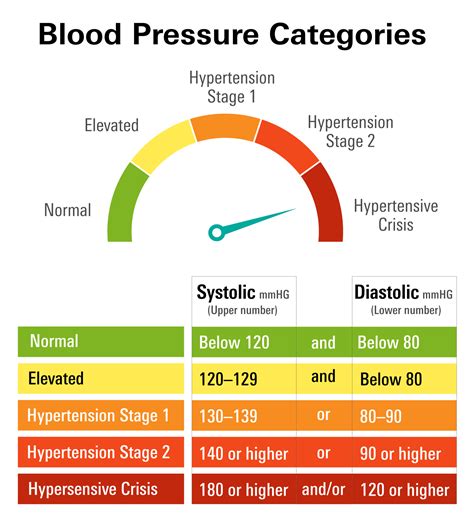
Blood pressure readings are typically expressed as two numbers, with the top number representing systolic pressure and the bottom number representing diastolic pressure. Systolic pressure measures the pressure in the arteries when the heart beats, while diastolic pressure measures the pressure between beats. A good blood pressure reading is typically considered to be below 120/80 mmHg, with the following categories:
- Normal blood pressure: Less than 120/80 mmHg
- Elevated blood pressure: 120-129/80 mmHg
- Stage 1 hypertension: 130-139/80-89 mmHg
- Stage 2 hypertension: 140 or higher/90 or higher mmHg
Factors That Affect Blood Pressure
Several factors can affect blood pressure, including: * Age: Blood pressure tends to increase with age * Family history: Individuals with a family history of hypertension are more likely to develop it * Diet: Consuming a high-sodium diet can increase blood pressure * Physical activity: Regular physical activity can help lower blood pressure * Stress: Chronic stress can raise blood pressure * Sleep: Getting adequate sleep is essential for maintaining healthy blood pressureMaintaining Good Blood Pressure
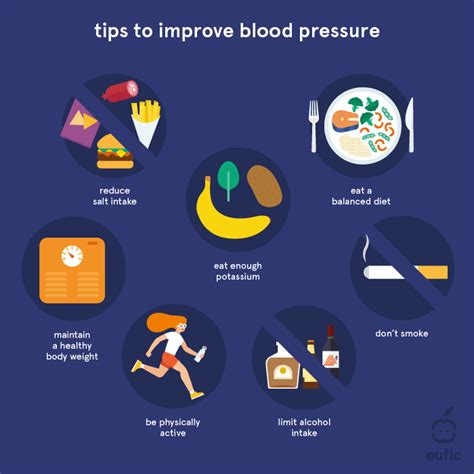
Maintaining good blood pressure requires a combination of lifestyle modifications and regular monitoring. The following tips can help:
- Eat a healthy diet: Focus on consuming fruits, vegetables, whole grains, and lean protein sources
- Exercise regularly: Aim for at least 30 minutes of moderate-intensity physical activity per day
- Manage stress: Engage in stress-reducing activities, such as meditation or yoga
- Get enough sleep: Aim for 7-8 hours of sleep per night
- Monitor blood pressure: Regularly check blood pressure to identify any potential issues
Lifestyle Modifications for Good Blood Pressure
Making lifestyle modifications can help maintain good blood pressure and reduce the risk of developing hypertension. The following changes can be beneficial: * Quit smoking: Smoking can raise blood pressure and increase the risk of heart disease * Limit sodium intake: Consuming high amounts of sodium can increase blood pressure * Increase potassium intake: Potassium can help lower blood pressure * Stay hydrated: Drinking enough water is essential for maintaining healthy blood pressureMonitoring Blood Pressure
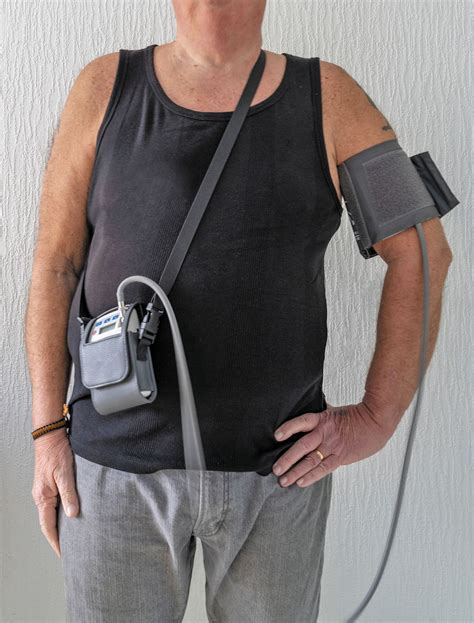
Monitoring blood pressure is essential for identifying any potential issues and taking preventive measures. The following tips can help:
- Invest in a home blood pressure monitor: Regularly checking blood pressure at home can help identify any fluctuations
- Keep a blood pressure log: Tracking blood pressure readings can help identify patterns and trends
- Schedule regular check-ups: Regular health check-ups can help monitor blood pressure and detect any potential issues
Understanding Blood Pressure Monitors
Blood pressure monitors are available in various types, including: * Manual monitors: Require a stethoscope and cuff to take readings * Automatic monitors: Use a cuff and digital display to take readings * Wrist monitors: Small, portable monitors that can be worn on the wrist * Finger monitors: Small, portable monitors that can be worn on the fingerTreating High Blood Pressure
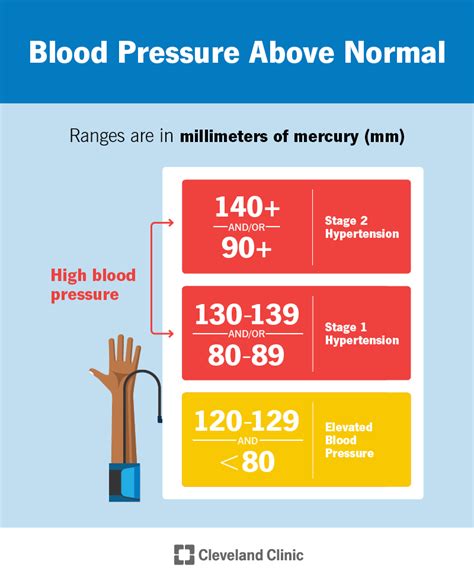
Treating high blood pressure typically involves a combination of lifestyle modifications and medication. The following options are available:
- Diuretics: Help remove excess fluid from the body
- Beta blockers: Slow the heart rate and reduce blood pressure
- ACE inhibitors: Relax blood vessels and reduce blood pressure
- Calcium channel blockers: Relax blood vessels and reduce blood pressure
Medications for High Blood Pressure
Medications for high blood pressure can be effective in lowering blood pressure and reducing the risk of complications. However, it is essential to work with a healthcare provider to determine the best course of treatment. The following tips can help: * Take medication as directed: Follow the prescribed dosage and schedule * Monitor blood pressure: Regularly check blood pressure to ensure the medication is effective * Report side effects: Inform the healthcare provider of any side effects or concernsPreventing Complications
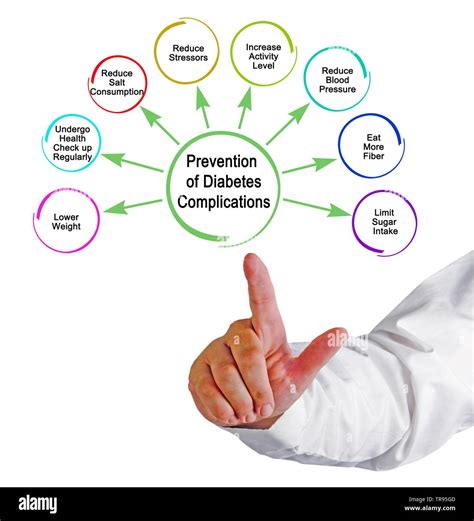
Preventing complications from high blood pressure requires a proactive approach. The following tips can help:
- Maintain a healthy weight: Excess weight can increase blood pressure
- Exercise regularly: Regular physical activity can help lower blood pressure
- Manage stress: Engage in stress-reducing activities, such as meditation or yoga
- Get enough sleep: Aim for 7-8 hours of sleep per night
Reducing the Risk of Complications
Reducing the risk of complications from high blood pressure requires a comprehensive approach. The following tips can help: * Quit smoking: Smoking can raise blood pressure and increase the risk of heart disease * Limit sodium intake: Consuming high amounts of sodium can increase blood pressure * Increase potassium intake: Potassium can help lower blood pressure * Stay hydrated: Drinking enough water is essential for maintaining healthy blood pressureConclusion and Next Steps

In conclusion, maintaining good blood pressure is essential for overall health and wellbeing. By understanding the factors that affect blood pressure, making lifestyle modifications, and monitoring blood pressure regularly, individuals can reduce their risk of developing hypertension and related health complications. It is essential to work with a healthcare provider to determine the best course of treatment and to take a proactive approach to preventing complications.
We invite you to share your thoughts and experiences on maintaining good blood pressure in the comments below. If you found this article informative, please share it with your friends and family to help promote a healthy lifestyle. Take the first step towards maintaining good blood pressure today and schedule a check-up with your healthcare provider to discuss your individual needs and develop a personalized plan.
What is considered a good blood pressure reading?
+A good blood pressure reading is typically considered to be below 120/80 mmHg.
How often should I check my blood pressure?
+It is recommended to check blood pressure at least once a year, or more often if you have a family history of hypertension or are at risk for developing high blood pressure.
What lifestyle modifications can help maintain good blood pressure?
+Eating a healthy diet, exercising regularly, managing stress, and getting enough sleep can help maintain good blood pressure.
